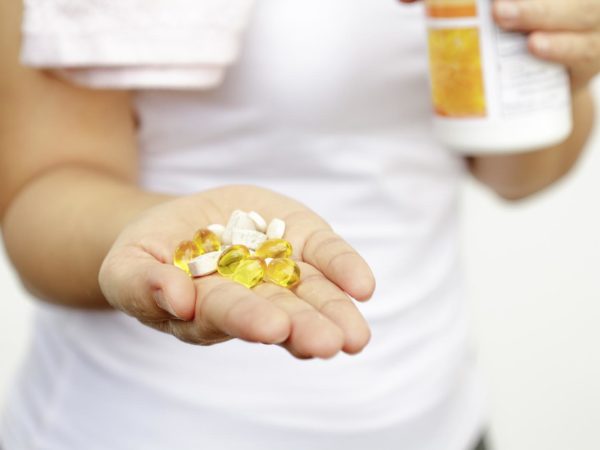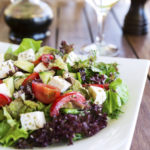Vitamins To Keep You Strong

Regular consumption of fruits and vegetables appears to help prevent seniors from becoming frail as they age. Researchers in Spain gathered diet information from 1,643 adults age 65 and older and followed them for 3.5 years. In the course of follow up the investigators noted that 5.4 percent of the group had become frail. They determined that those whose diets were lowest in vitamin B6 were 2.8 times more likely to become frail than those whose diets were rich in B6, found in chicken, fish, tofu, sweet potatoes and bananas. Frailty was also linked to low levels of vitamin E found in almonds and sunflower seeds. In addition, those who ate broccoli, Brussels sprouts, lemons and lychees, all of which are rich in vitamin C were less likely to become frail. None of the study participants took vitamin supplements. The researchers reported that study participants who became frail were more likely to be women who were older, less educated and obese and spent more time watching television. These women also had a high frequency of heart disease, stroke and diabetes. The investigators concluded that higher consumption of all the vitamins measured in the study was linked to a lower risk of frailty, but reported that the connection was too small to rule out the possibility that the differences in frailty between the study participants were due to chance for all but vitamin B6, vitamin C and vitamin E.
My take? Many people believe that as we age, we tend to slow down and do less, and that physical decline is an inevitable consequence of growing older. For the most part, this is not true. Much of the physical frailty attributed to aging is actually the result of inactivity, disease or poor nutrition. No matter what your age, a balanced, nutritious diet is essential to good health. Older adults need to eat a balanced diet with foods from all the food groups, and eating a wide variety of foods helps ensure an adequate intake of essential vitamins and minerals.
Source:
Teresa Balboa-Castillo et al, “Low vitamin intake is associated with risk of frailty in older adults.” Age and Aging, July 25, 2018, doi.org/10.1093/ageing/afy105
Also in this week’s bulletin:











